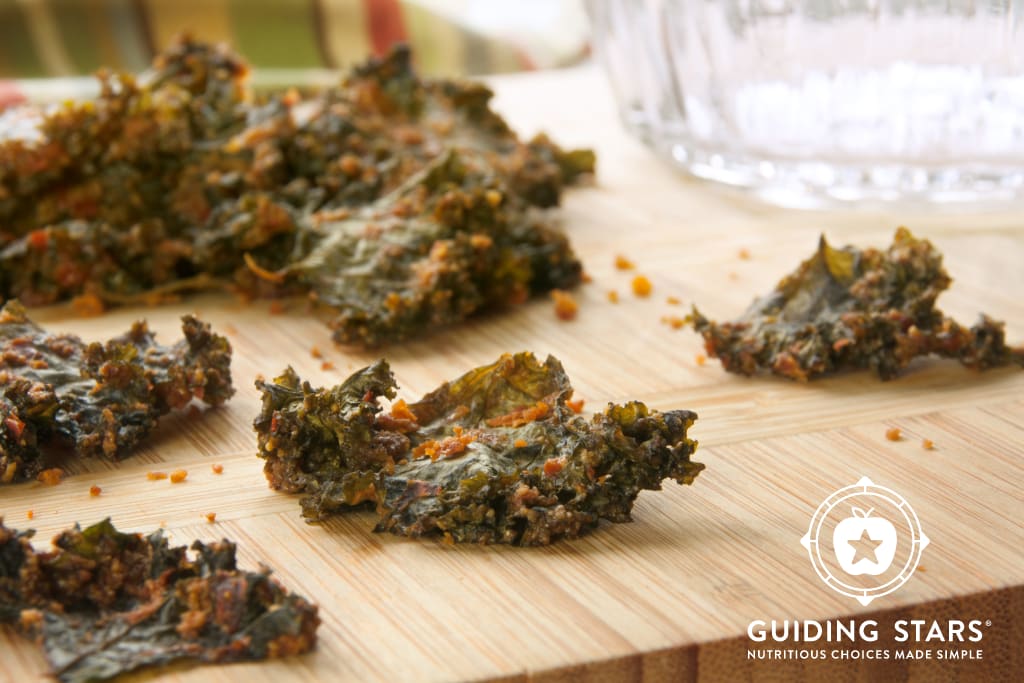For all the benefits of the plant-based diet, and especially for those on a vegetarian diet, there is still one very important consideration, which is the lack of B12. Our bodies can’t produce B12, the essential, water-soluble vitamin found mostly in meat and dairy foods, and therefore we must seek it in our diet. For those on a plant-only diet, there are many fortified foods and supplements available to help them meet their B12 needs. This raises the question as to how easy it is to become deficient in B12 and whether supplements and fortified foods are an adequate replacement.
Vegan “Cheesy” Chips
These vegan chips contain a robust helping of B12 because of the inclusion of nutritional yeast.
View recipe »How easy is it become vitamin B12 deficient?
B12 deficiency is common—especially among vegetarians, vegans, and the elderly (due to reduced ability to absorb the nutrient). If an individual is following a plant-only diet and not choosing foods enhanced with vitamin B12 or using a supplement, the risk of developing a B12 deficiency is high. It can, however, be prevented with regular supplementation,
How would I know if I’m B12 deficient?
It can be difficult to diagnose a B12 deficiency, as the symptoms are broad and can be confused for other illnesses, which impacts treatment and may prolong the deficiency. Routine lab work can determine your vitamin B12 status and will let you know if you are low in this important nutrient.
How much B12 do I need per day?
The current recommended daily value (DV) for vitamin B12 is 2.4mcg for men and women age 14 and older. Needs increase for pregnant or lactating women.
Can I take a supplement?
It’s estimated that only 10mcg of a 500mcg vitamin B12 supplement can be absorbed. To improve absorption, it may be better to use a sublingual supplement (dissolves under tongue) or in some cases a B12 injection. As with other vitamins, absorption is best from food sources rather than supplements.
The FDA doesn’t require B12 to be listed on the food label unless a food is fortified with it. The best vegetarian sources of B12 are:
- Nutritional Yeast, 1 tbsp: 4 mcg per serving
- Milk (1 cup): 1.2 mcg per serving
- Yogurt (1 cup): 1.1 mcg per serving
- Hard boiled egg, large: .6 mcg per serving
- Fortified Cereals: varies
